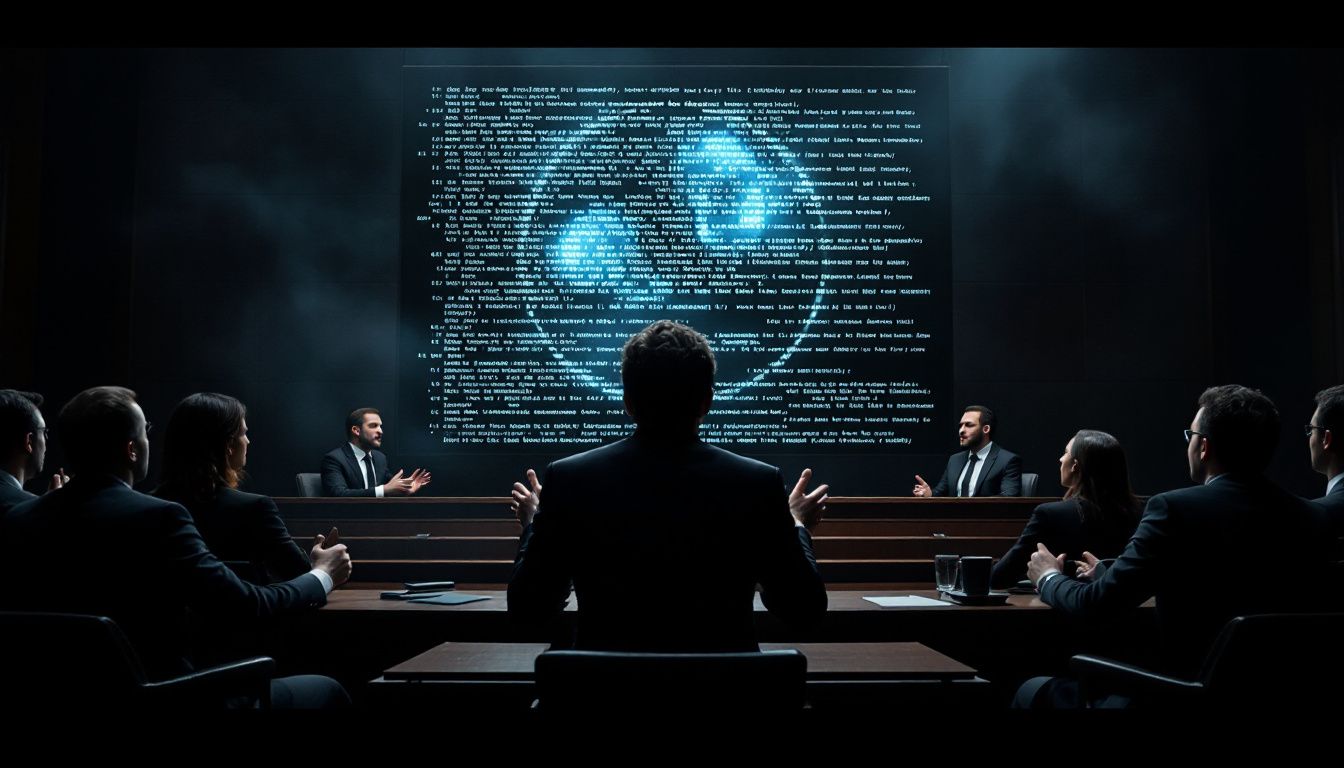The tech world is witnessing a seismic event that could reshape its very foundation. OpenAI, a leader in Artificial Intelligence, is facing a lawsuit from a coalition of Canadian news publishers. The lawsuit alleges that OpenAI’s use of copyrighted content to train its ChatGPT AI system constitutes copyright infringement.
While it may appear as just one case, the implications are far-reaching. A ruling in favor of the plaintiffs could set a powerful legal precedent, transforming how AI companies handle copyrighted material. This could significantly impact businesses that depend on AI-driven technologies.
Understanding the Lawsuit: Key Details and Context
The lawsuit, filed by a coalition that includes The Canadian Press, Torstar, Globe and Mail, Postmedia, and CBC/Radio-Canada, claims that OpenAI infringed on their copyrights by using their content without permission. At the heart of their argument is the principle that their substantial investments in journalism deserve protection under copyright laws.
They are demanding not only reparations but also adherence to fair-use guidelines, emphasizing that unlicensed use of their content undermines the integrity of journalism and violates intellectual property laws.
Dissecting the Coalition’s Concerns
The Canadian Coalition highlights that journalistic content represents more than financial value—it embodies the dedication, expertise, and creativity of numerous professionals. The copyright system is designed to safeguard such contributions, ensuring creators receive proper acknowledgment and compensation for their work.
By allegedly bypassing these principles, OpenAI’s actions challenge the essence of copyright law. The use of copyrighted content to train AI systems without explicit consent pushes the boundaries of traditional fair use, raising questions about how intellectual property protections adapt to evolving technologies.
Potential Industry-Wide Impacts
If the lawsuit succeeds, it could radically reshape how AI firms interact with copyrighted material. Here are some potential outcomes:
- Stricter Regulations: AI companies may face stringent guidelines regarding the acquisition, use, and compensation of copyrighted content.
- Increased Operational Costs: Compliance with new standards could lead to higher expenses for sourcing legally approved data.
- Development Delays: Legal requirements might slow down the innovation pipeline, as companies recalibrate AI models to meet revised legal frameworks.
- Regulatory Oversight: Governments could introduce new policies to enforce intellectual property laws more stringently across AI applications.
Challenges and Opportunities for AI Companies
The immediate outlook for AI companies may appear daunting, with increased costs and tighter regulations. However, these challenges could drive positive change. A balanced legal framework would encourage responsible innovation while ensuring creators of original content are adequately rewarded.
For the AI industry, this could foster a healthier ecosystem where both technological advancement and intellectual property rights coexist harmoniously.
The Case for a Balanced Digital Ecosystem
This lawsuit presents an opportunity to establish fair standards for the AI industry. By addressing the concerns of original content creators, the legal process could lead to:
- Transparency: Clear guidelines for using copyrighted content in AI training.
- Accountability: Ensuring AI companies respect and compensate intellectual property owners.
- Equity: Creating a fair playing field where all stakeholders benefit from technological progress.
Strategic Implications for Businesses
Businesses relying on AI must prepare for potential changes in the digital landscape. Here’s how they can stay ahead:
- Stay Informed: Keep track of legal developments and anticipate changes in regulations.
- Evaluate Dependencies: Assess reliance on AI technologies and identify vulnerabilities.
- Plan for Adaptation: Develop strategies to comply with new legal standards and integrate ethical content usage practices.
- Partner Strategically: Work with experts who understand the intersection of technology, security, and law to navigate emerging challenges.
Key Takeaways for the Digital Age
The lawsuit against OpenAI signals a pivotal moment for AI and digital strategy. Businesses and innovators must recognize that the resolution of this case could redefine the rules of engagement for AI systems and copyright.
While the path forward may present obstacles, these challenges could lead to a more equitable and robust digital ecosystem. Navigating this evolving landscape requires informed strategies and collaborative efforts to harmonize technological innovation with intellectual property rights.
Stay prepared, stay proactive, and embrace the shift. The future of your digital strategy depends on it.





